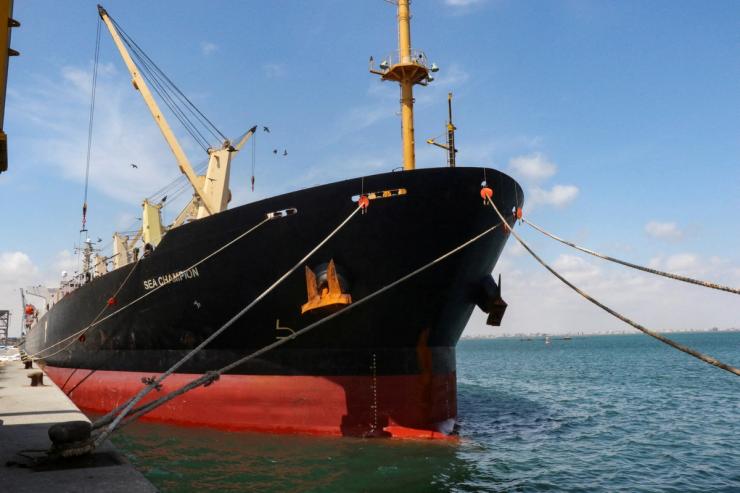The News
Four separate underwater data cables have been damaged in the Red Sea, impacting global internet connectivity. The cuts have impacted four telecommunications companies and forced about 25% of internet traffic in Asia, Europe, and the Middle East to be rerouted.
Warnings have circulated in recent weeks that Yemen’s Iran-backed Houthi rebels could target subsea cables. The Houthis, who have been attacking commercial vessels in the Red Sea in solidarity with Palestinians in the Gaza Strip, have recently renewed promises to target U.S. and U.K. military ships. The militant group has denied any involvement in cutting the cables.
SIGNALS
It would take coordinated effort to bring a nation off-grid
Underwater internet cables in the Red Sea carry nearly all of the data and financial communications between Europe and Asia. Targeting the cables therefore disrupts critical infrastructure — and the Houthis posted veiled threats on Telegram as early as December that they may disrupt fiber optic cables that run across the Bab el-Mandeb Strait, Keith Johnson reported last month for Foreign Policy. While the cuts have disrupted internet connections, they are also resilient, one expert told the outlet: “It would be extremely difficult to completely disconnect a well-connected country. It would require a very sophisticated and coordinated attack to take them out all at the same time.”
Replacing cut lines is expensive and dangerous
Costs to insure cable ships have skyrocketed in recent weeks, with some insurers charging as much as $150,000 per day. It is also a dangerous task for the slow-moving ships that lay the cables across the seabed as they come under increasing threat of attacks from the Houthis. Since the region is currently contested, shipping companies have sought relationships with regulators on both sides of Yemen’s civil war to avoid antagonizing either party, The Wall Street Journal reported. The cables are at risk even without the threat of direct attacks: Anchors from ships and fishing can damage the lines, and about 150 service issues are recorded each year from accidental causes, the newspaper noted.



